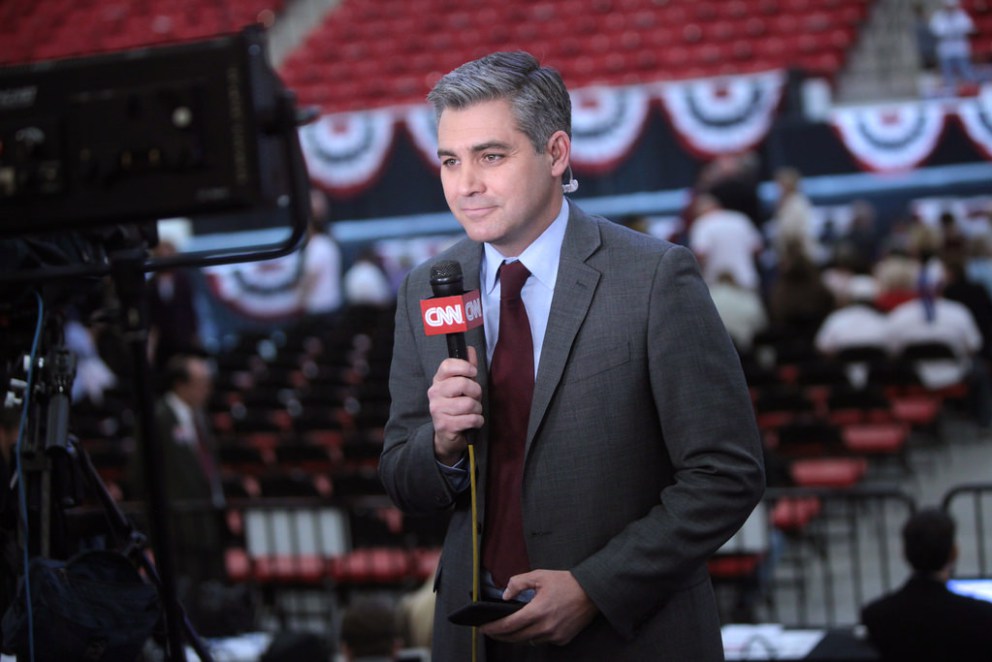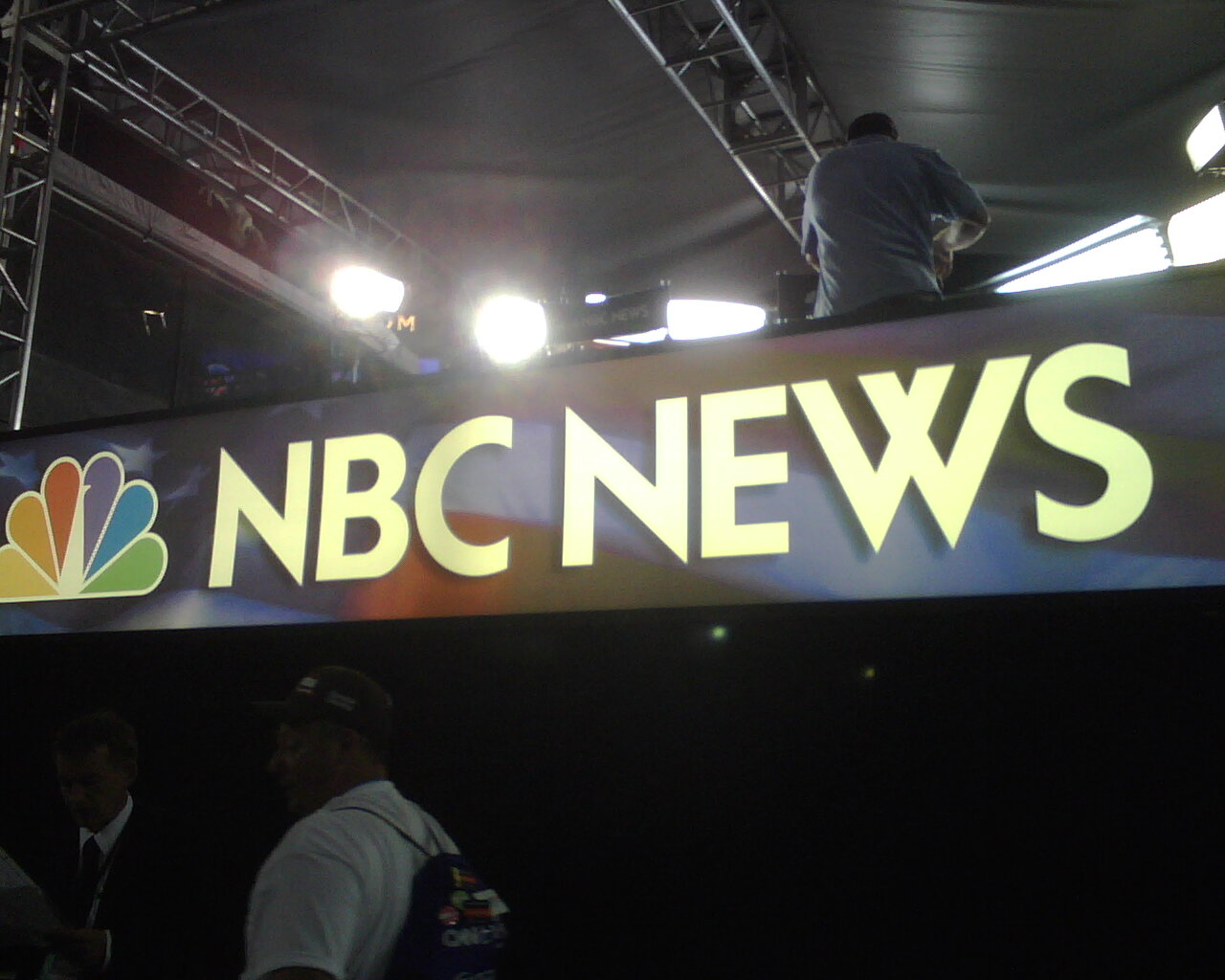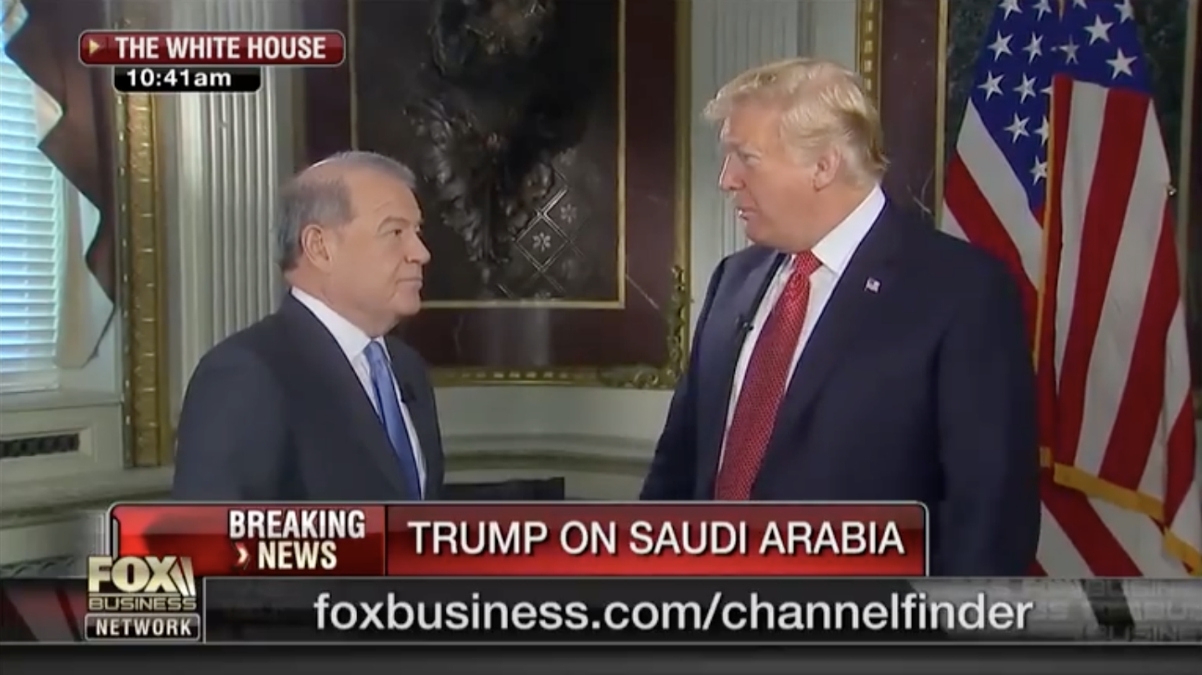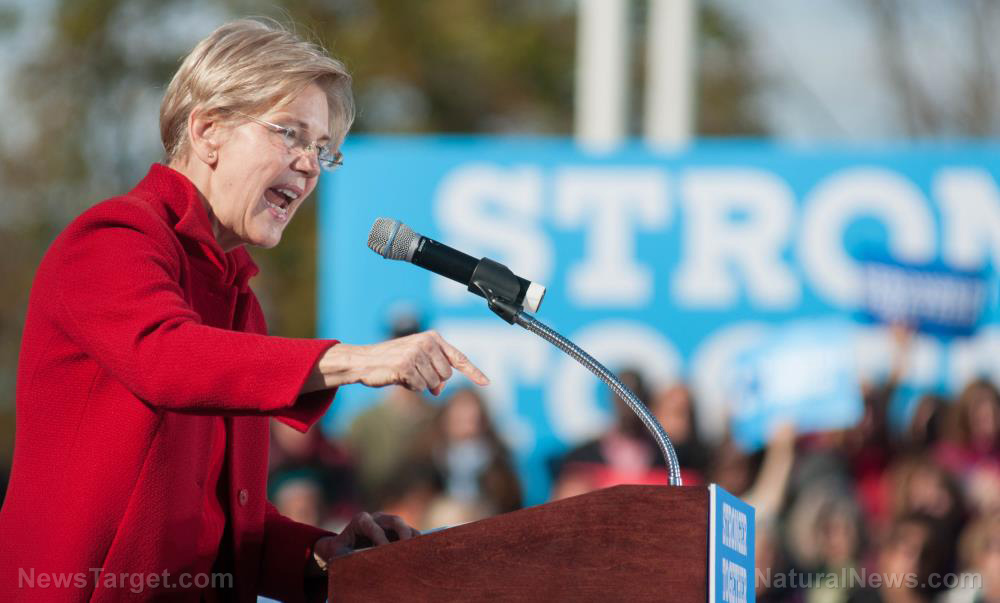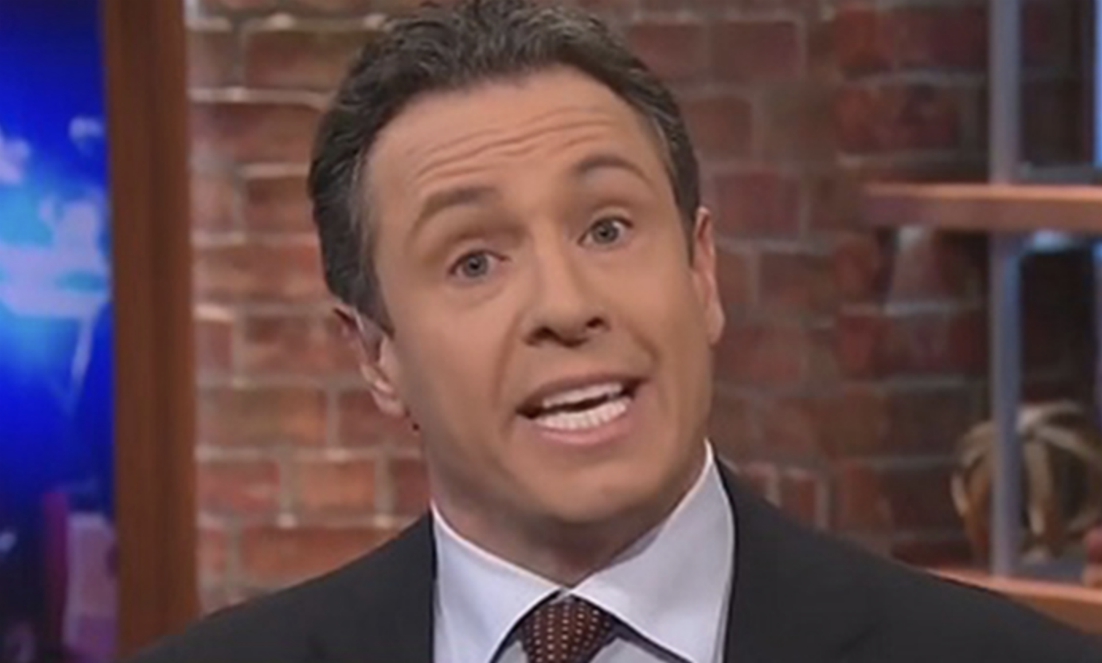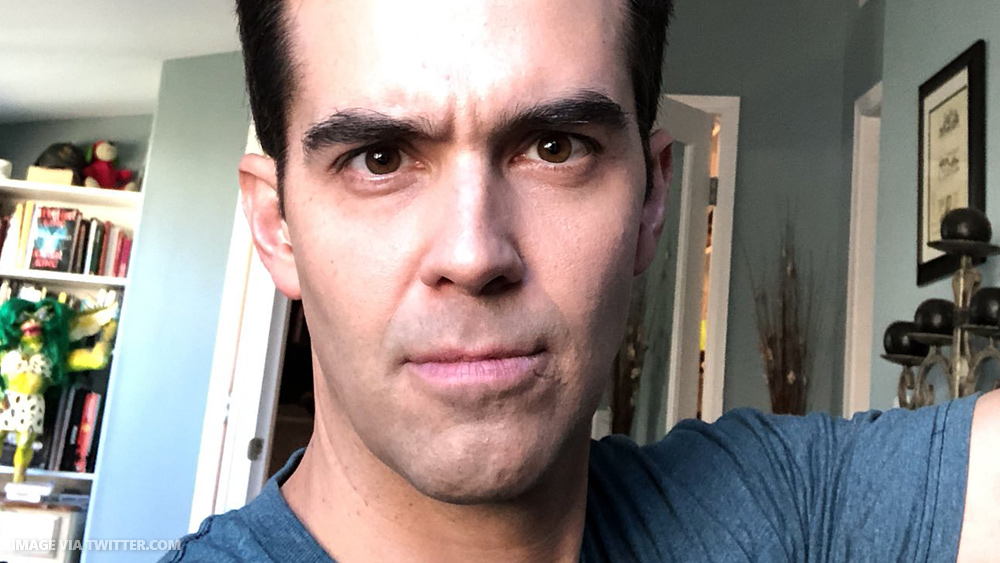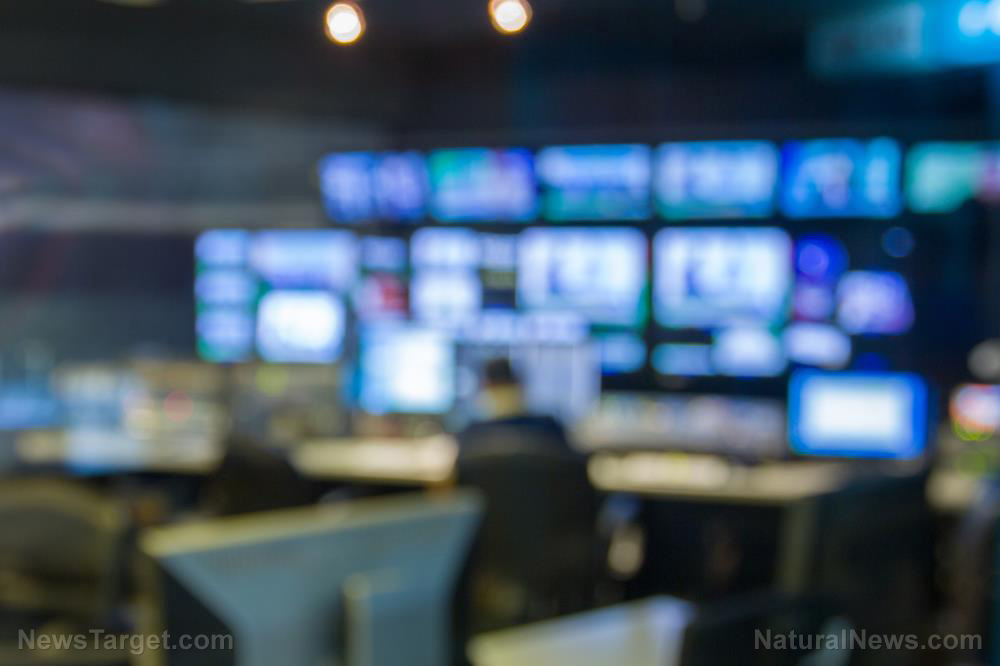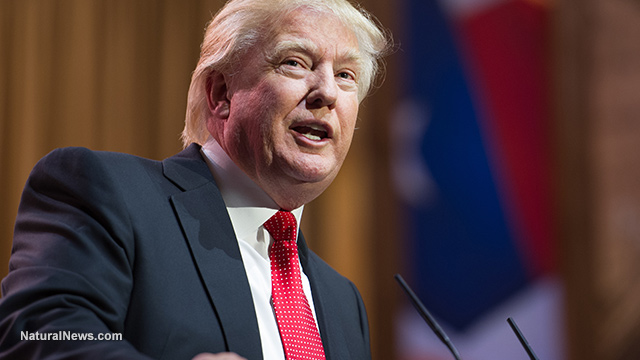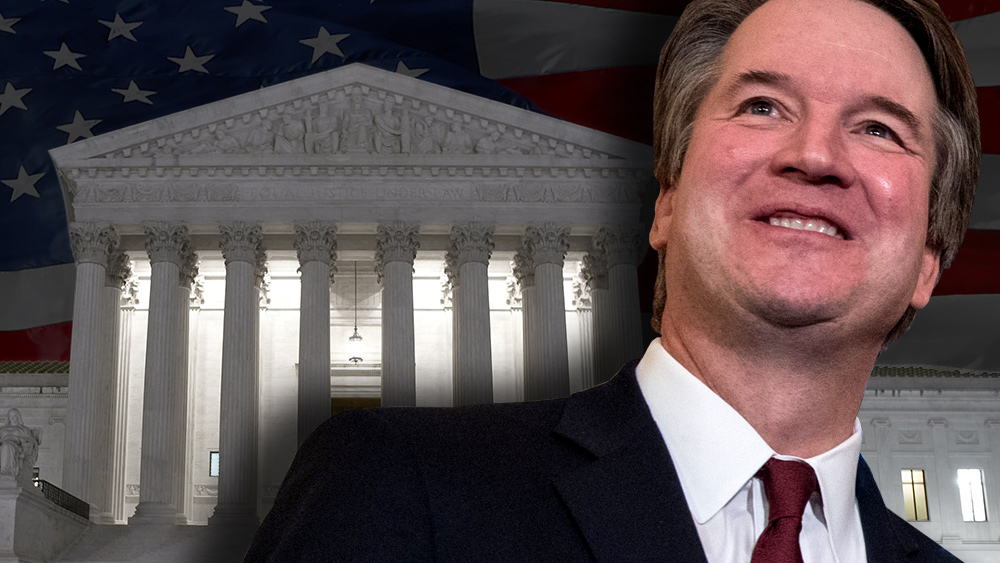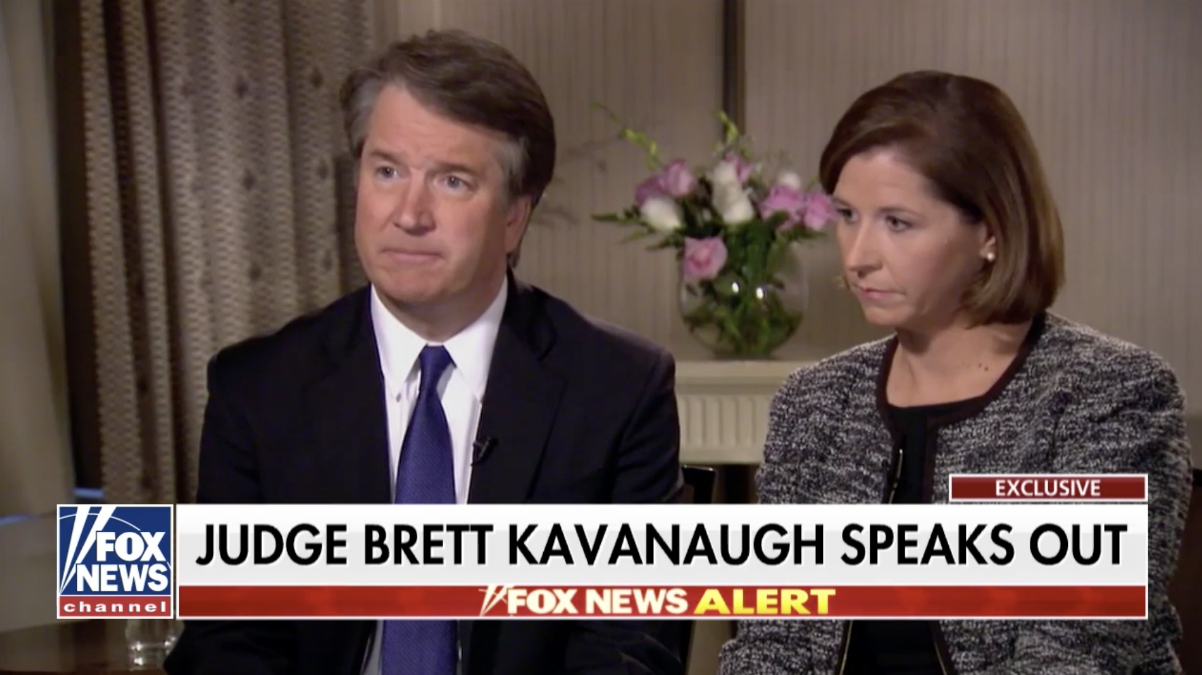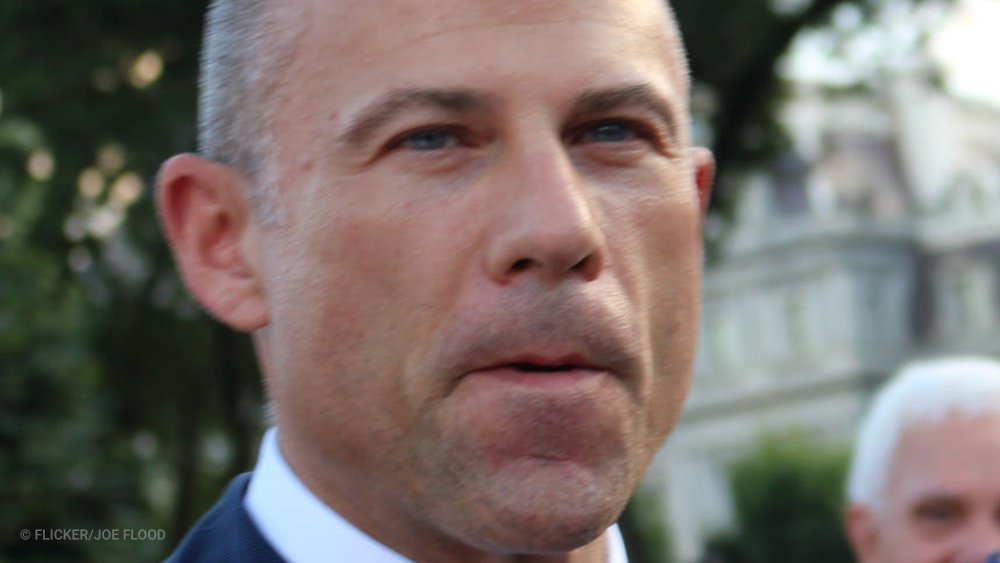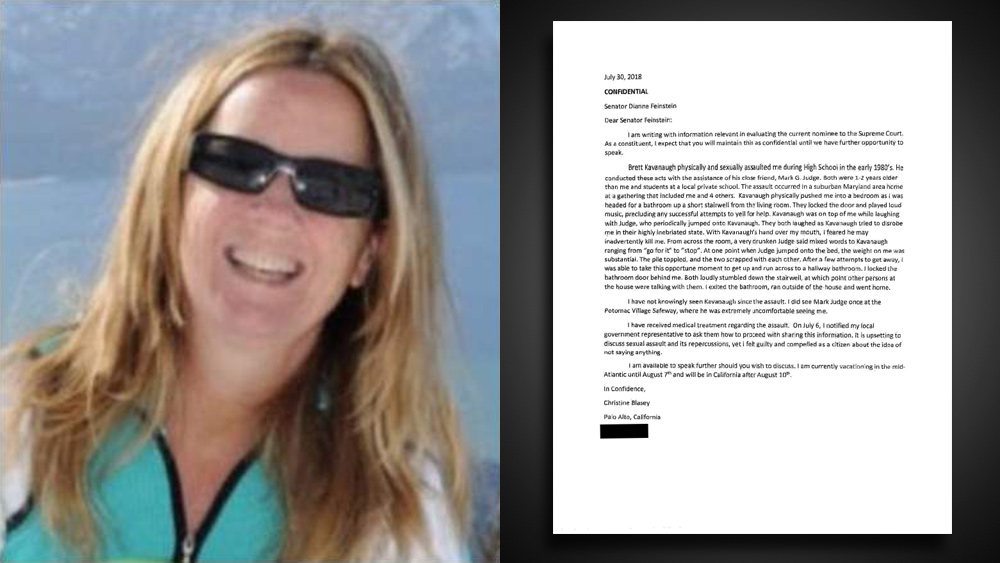But Americans aren’t as politically divided as they might think. There are quite a few sites that both liberals and conservatives follow—and they’re all part of mainstream media.These sites—including The Washington Post, the Associated Press, and CNN—are popular among people of both ideologies, despite some claims that they cater to the left. Facebook’s data shows both groups frequently highlight news from established brands. There’s a catch, however: When conservatives and liberals post to Facebook, they frequently share completely different stories. People from each side have limited overlap in the news they choose to promote.
The study saw the same effect with Facebook links shared from YouTube and Change.org, which makes a bit more sense: These are putatively neutral platforms, hosting everything from a petition to impeach Barack Obama to a proposal to maroon Donald Trump in outer space. That CNN and the AP see the same dynamic could be a nod to their impartiality.
But it’s also a reflection of the central role the mainstream media still plays in the American political discourse. Few partisan outlets have the resources of The New York Times or NBC, which field dozens of reporters on the campaign trail. Most scoops on any given day will come from an established news outlet. As much as people on both the right and left profess to dislike and ignore establishment media, they can’t help but promote it.
It’s equally possible that the central proposition of mainstream news—coverage that strives to portray both sides neutrally—lends it credibility, even if detractors don’t want to admit it. Amid readership declines, cutbacks, and falling revenue—and the adjacent popularity of ideological news sites like Breitbart—it’s tempting to write off the value of unbiased news coverage. But in an election in which voters have raged against elites, it is the elite media that binds both sides together. That indicates respect, if not actual love.
Of course, The Washington Post is not the only outlet that connects Americans. According to the Facebook data, local television and radio websites are also popular regardless of the user’s political persuasion. And the study suggested thatwhat-character-are-you.com, an emporium of online quizzes, was the most evenly shared site. Americans seem equally absorbed by cat quizzes and the local traffic report.
Indeed, it’s possible the myth of extreme partisanship on social media has been exaggerated. The original Facebook study found that people aren’t actually that insulated, contra popular wisdom:
Despite the differences in what individuals consume across ideological lines, our work suggests that individuals are exposed to more crosscutting discourse in social media than they would be under the digital reality envisioned by some. Rather than people browsing only ideologically aligned news sources or opting out of hard news altogether, our work shows that social media expose individuals to at least some ideologically crosscutting viewpoints.
Facebook’s data is ripe for a redo: The study covered posts shared between July 2014 and January 2015. But for now, this data suggests that even hardened partisans can find common interest in local sports news and funny GIFs—and, as it turns out, the often derided mainstream media.
Read more at: http://www.theatlantic.com/politics/archive/2016/06/loving-the-lamestream-media-but-in-denial/485648/


